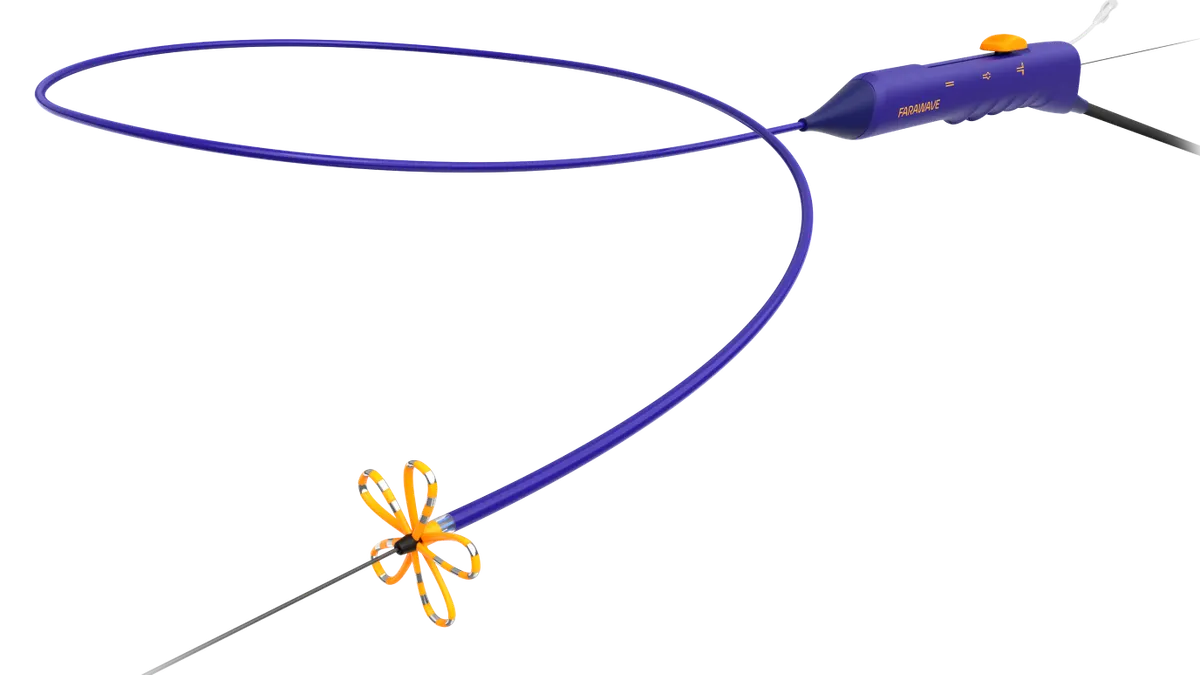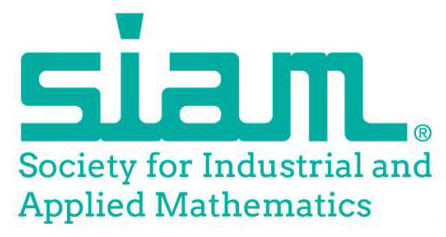Dive Brief:
- Boston Scientific said Monday it gained Food and Drug Administration approval for use of its Farapulse pulsed field ablation system in people with persistent atrial fibrillation, broadening the pool of patients eligible for the treatment.
- Farapulse has become a significant growth driver for Boston Scientific as physicians embrace the technology for its potential safety benefits over traditional cardiac ablation methods to treat AFib, an irregular heartbeat that increases stroke risk.
- The label expansion, for both the Farawave and Farawave Nav PFA catheters, was backed by evidence from the first phase of the Advantage AF clinical trial, which met its primary safety and effectiveness goals.
Dive Insight:
Farapulse has propelled Boston Scientific’s electrophysiology business to triple-digit growth, exceeding the company’s expectations, since the device won FDA approval in early 2024 for people whose AFib is paroxysmal, meaning it occurs on and off.
In persistent AFib, the abnormal heart rhythm continues for at least seven days. Boston Scientific has said the persistent form of the condition represents about 25% of all AFib cases.
The updated labeling for Farapulse approves the system for pulmonary vein and posterior wall ablation in patients with persistent AFib who do not respond well to drug therapy.
Boston Scientific expects to receive the CE mark for Europe as well as approval in Japan and China in the coming months.
PFA uses nonthermal energy to correct the electrical signals causing the heart to beat inefficiently. The approach differs from other cardiac ablation techniques that apply either heat or extreme cold to create small scars to block AFib’s irregular heartbeats.
Brad Sutton, Boston Scientific’s chief medical officer for AF Solutions, said the company plans to study the system in new clinical trials that include patients who need redo ablation procedures and patients with more complex arrhythmias. Those groups, he said, make up a large portion of the procedures today that still use thermal ablation.
"This update advances our efforts to further shape the future of AF treatment with safe and effective ablation technologies," Sutton said in a statement.
Boston Scientific said it recently began a clinical trial to evaluate the safety and effectiveness of the Farawave catheter for posterior wall ablation and pulmonary vein isolation in patients with persistent AFib who previously received an ablation with a PFA, radiofrequency or cryoablation catheter and had a recurrence of the condition. About 375 patients across 40 centers in the U.S. and Asia are participating in the trial.
The study will also evaluate adjunctive use of the Farapoint catheter for cavotricuspid isthmus ablation and left atrial ablation of the mitral isthmus in the same patient population.












